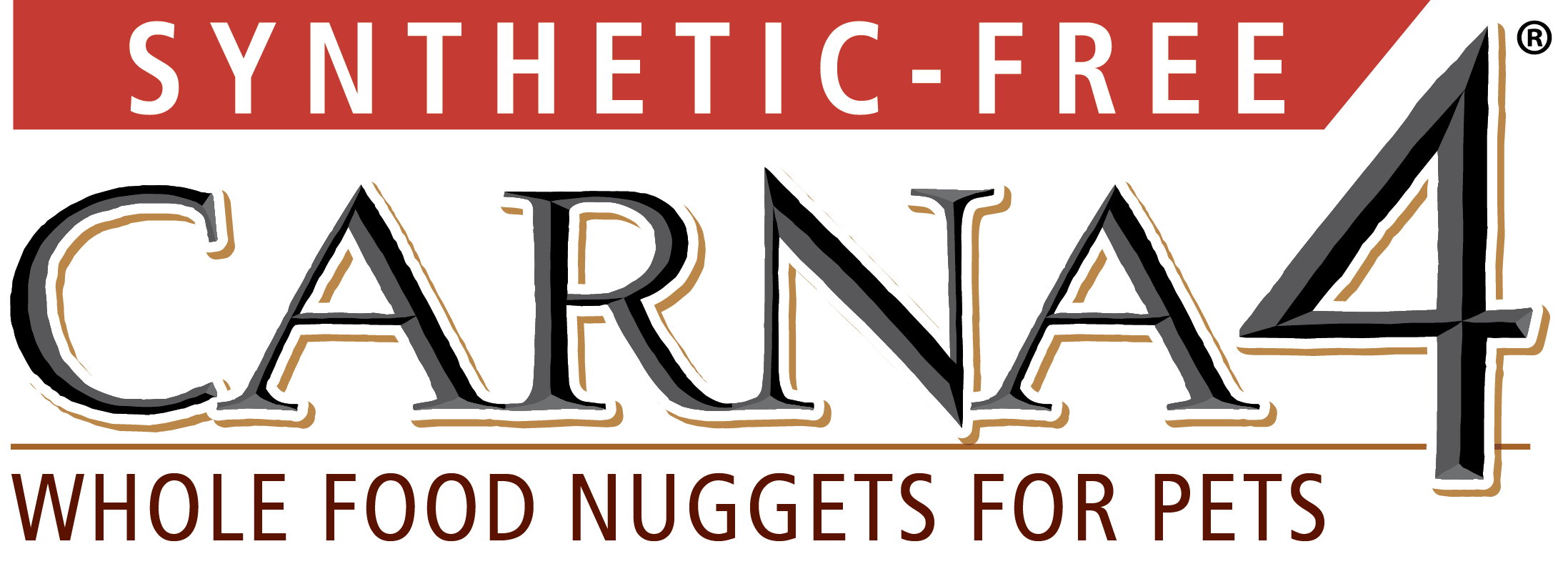It’s the season when we turn our focus to what really matters: spending quality time in the company of loved ones. Many holiday traditions include a big feast as the main event, even for your dog. He’s also part of the family, and for him, family and food are what life is all about!
This year, as you prepare for the holidays, take a moment to consider the well being of your companion animal. All the events and busyness can turn your pet’s life upside down and create problems. Traveling, visitors, and decorations all have potential risks and care must be taken to ensure your animals can navigate the chaos without harm. Let’s focus on holiday food and how your dog can be safely included in the celebrations.
Keep it Clean – Take care of your leftovers and wastes
While you’re all at the table laughing at Uncle Henry’s goofy jokes, your dog may be getting into trouble in the kitchen trash can. Cooked turkey bones can potentially perforate the esophagus, stomach or intestines and cause a blockage in the digestive tract. Onions, found in most stuffing recipes, contain compounds that cause anemia in dogs. Fatty table scraps like turkey skin or pan drippings, gravy, and bacon can be irresistible to your dog but these foods are high in fat and can lead to pancreatitis, a painful illness with vomiting and dehydration, and in extreme cases, emergency care may be required.
Non-food items also need to be carefully disposed of. The string used to tie that delicious roast is soaked with meaty flavors and can cause digestive issues if Fido can’t resist checking it out. The same for toothpicks used in cooking and baking. Safely discard these items!
Now Bring Out the Figgy Pudding
Raisins are often featured in many holiday treats such as Christmas pudding, coffee cake, and minced meat pies. Did you know that raisins (and grapes) can increase the risk of canine kidney failure? Macadamia nuts and walnuts contain toxins that affect the nervous system in dogs. And we all know that chocolate is deadly to dogs, but do you know why? It contains a chemical called theobromine which dogs can’t metabolise as well as humans. It accumulates in the body and can lead to fatal toxicity. The darker the chocolate the worse it is for your dog. Dark, cooking or baking chocolate contains about six times the theobromine of common milk chocolate so please be careful while baking up those holiday desserts in your kitchen.
Worse than chocolate is artificial sweeteners such as Xylitol which are often found in store-bought desserts and gum. It can cause acute low blood sugar in dogs, and potentially liver failure. Natural sugar, although not fatal to your canine, should be limited. Sugars occur naturally in many foods but over-indulgence can lead to dental problems, hyperactivity and subsequent lethargy, obesity and diabetes.
Most importantly, please keep your eye on the egg nog and other holiday libations. Even small quantities of alcohol can damage your pet’s health. Alcohol poisoning can lead to coma and death, and that’s no way to celebrate the holidays.
Festive Yes – It’s okay to share the feast!
Is Salmon on your holiday menu? Salmon is a healthy protein food and an excellent source of omega-3 fatty acids. Omega 3’s support the immune system and can be beneficial for allergies and improve the condition of your dog’s skin and coat. Other excellent food choices for Fido are sweet potatoes, green beans, Brussels sprouts and parsnips. However, before you drop these left overs into your pet’s bowl be sure to rinse away any butter or oil. Better yet, reserve a portion undressed to begin with, just for him. You may be fine with feeding a few bits from the table now and then but during celebrations a ‘no treats’ rule is safest. You may have guests or be a guest yourself so it can be difficult to monitor what treats your dog receives and how many they have been fed over the course of several days.
Bright Colored Packages Tied Up With Strings
On a final non-food-related note, while decorating your home and wrapping up presents please be cautious. Ribbons, string and yarn, especially those containing any kind of adhesive or glue, pose a hazard if swallowed by yor curious pup. These things can potentially twist around your dog’s intestines and require surgery, in addition to being toxic.

